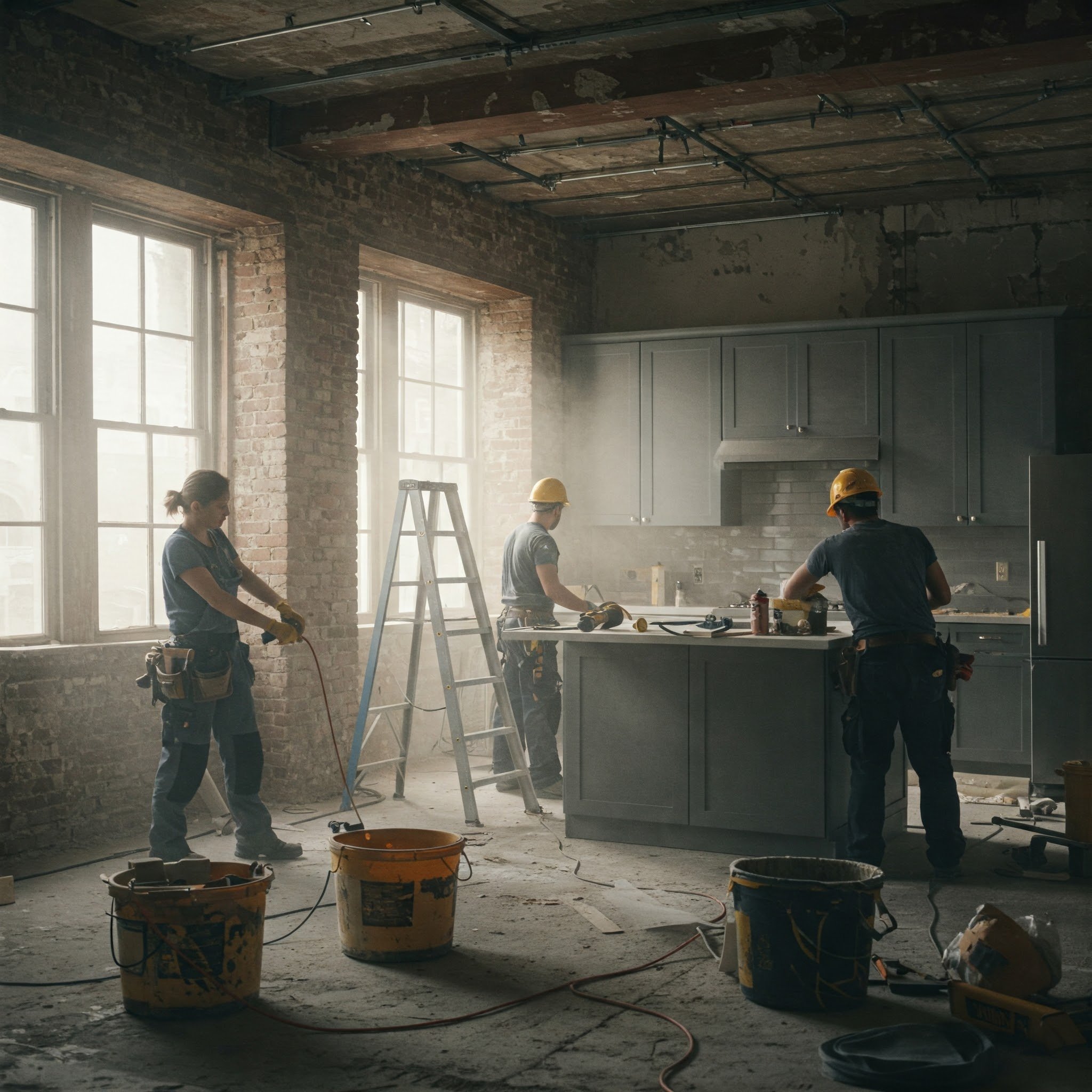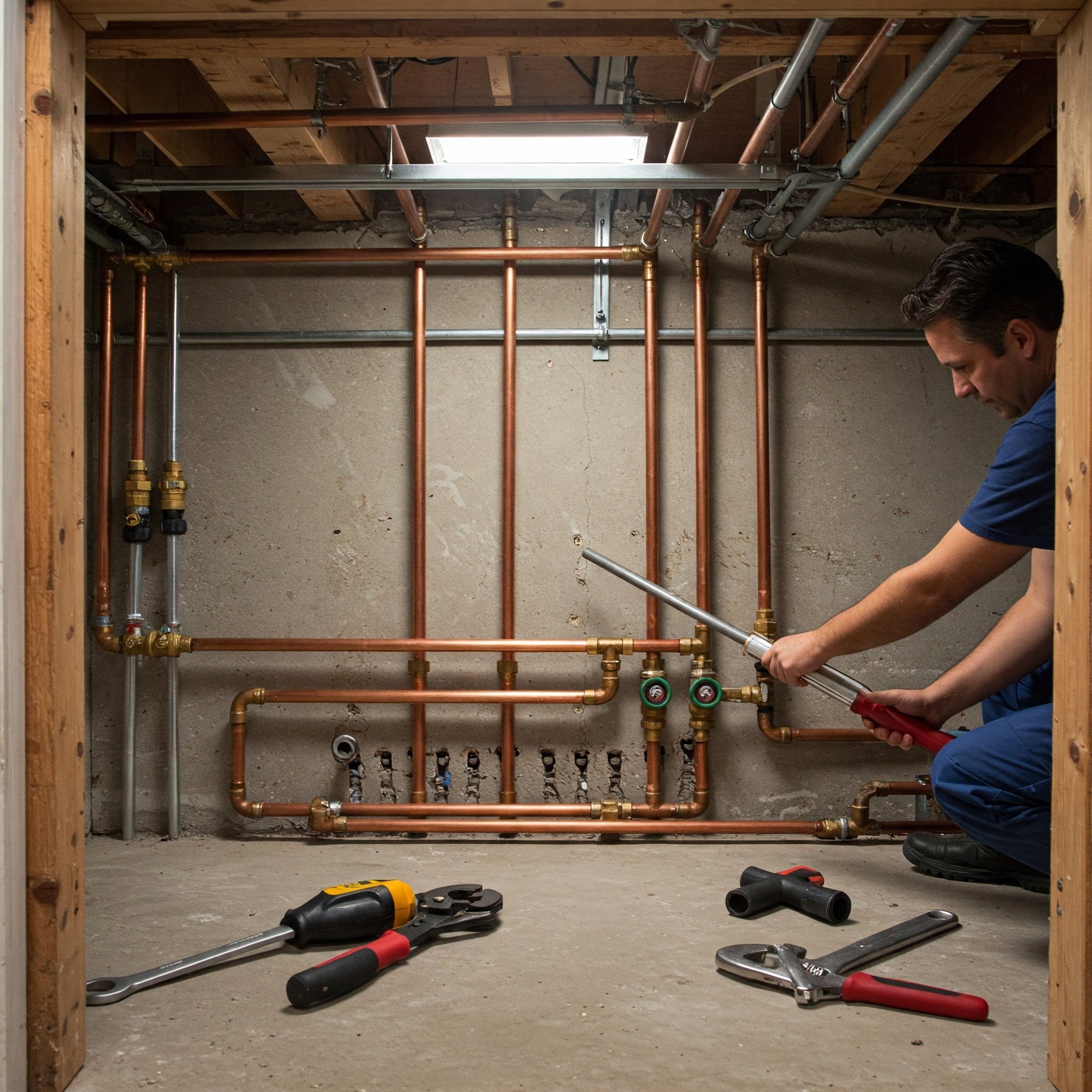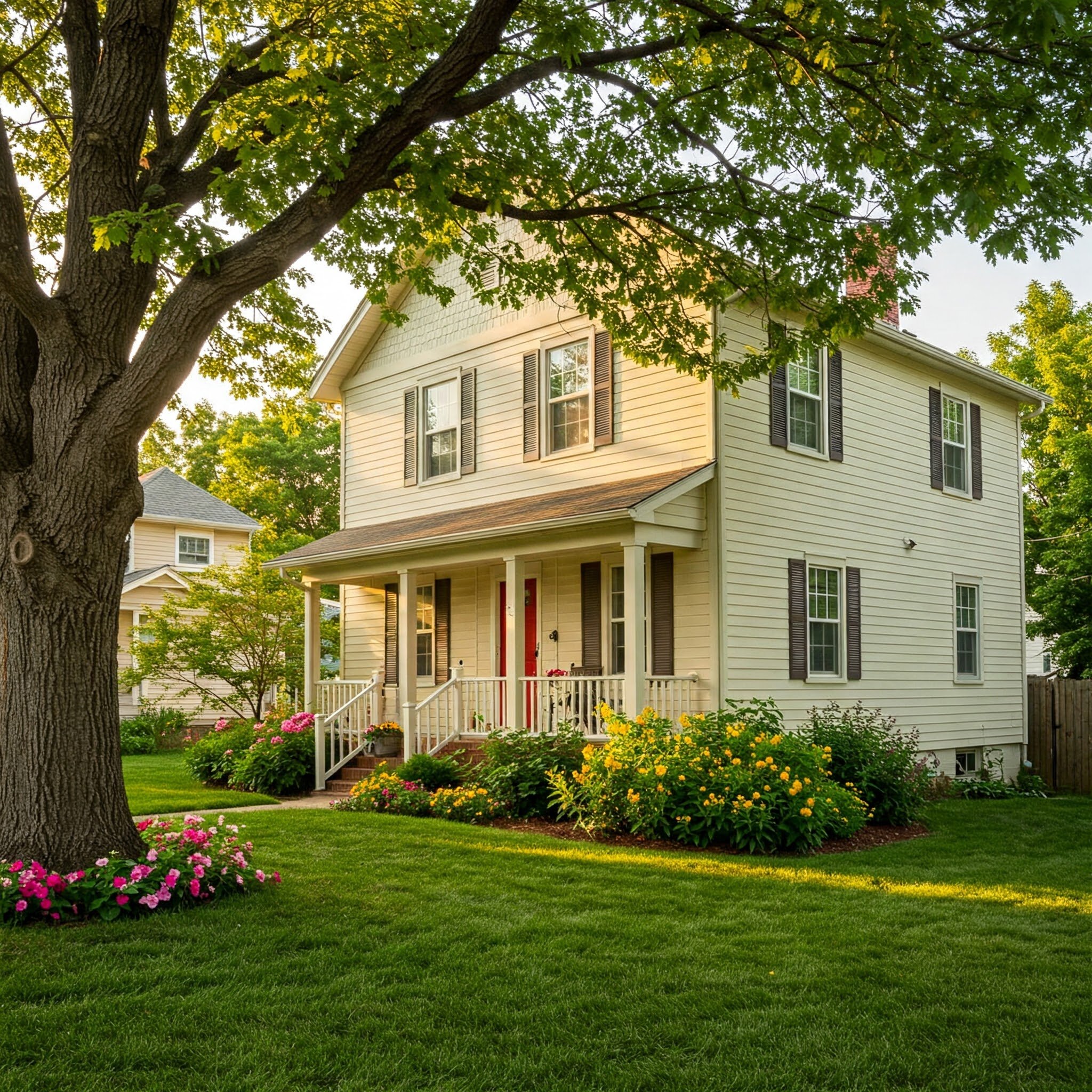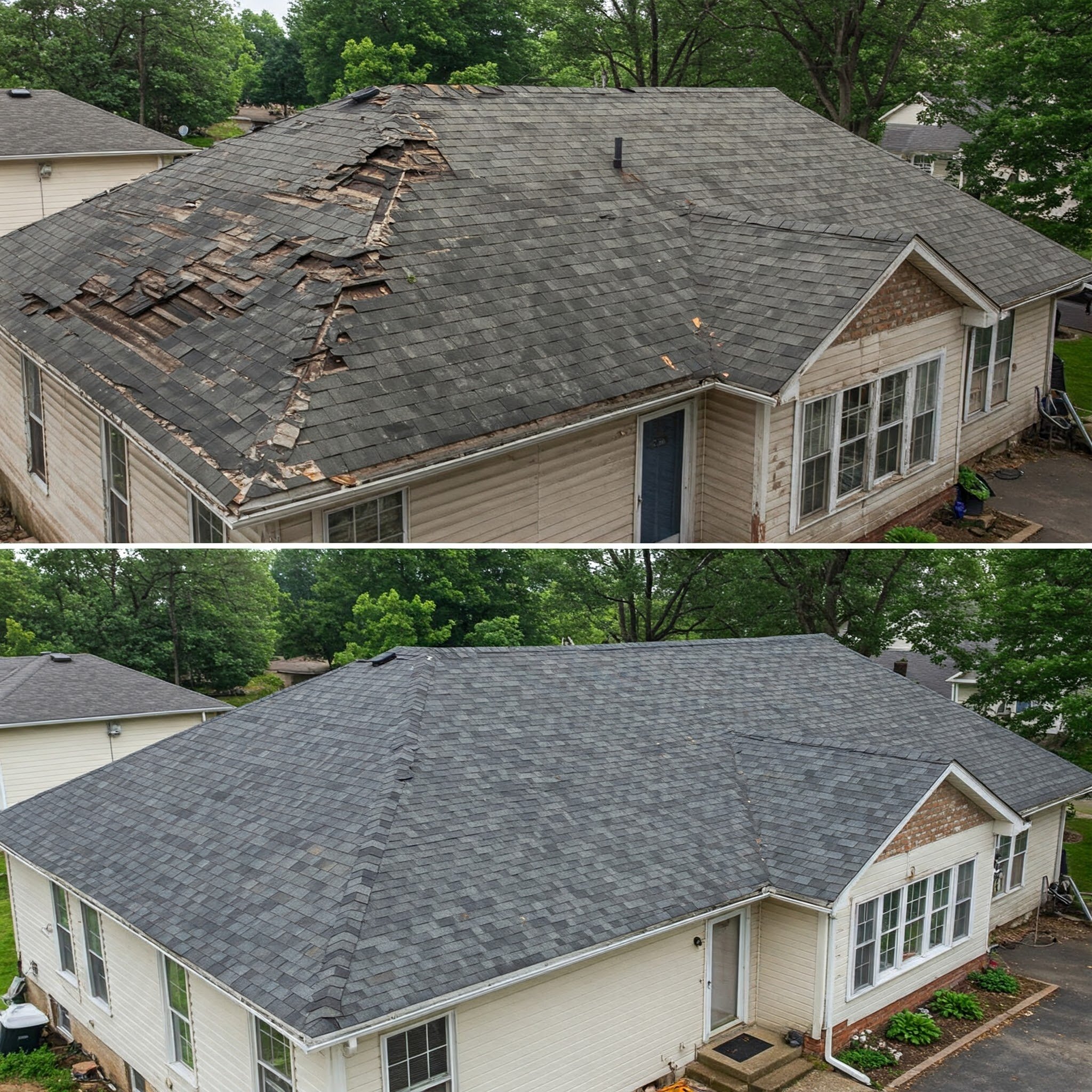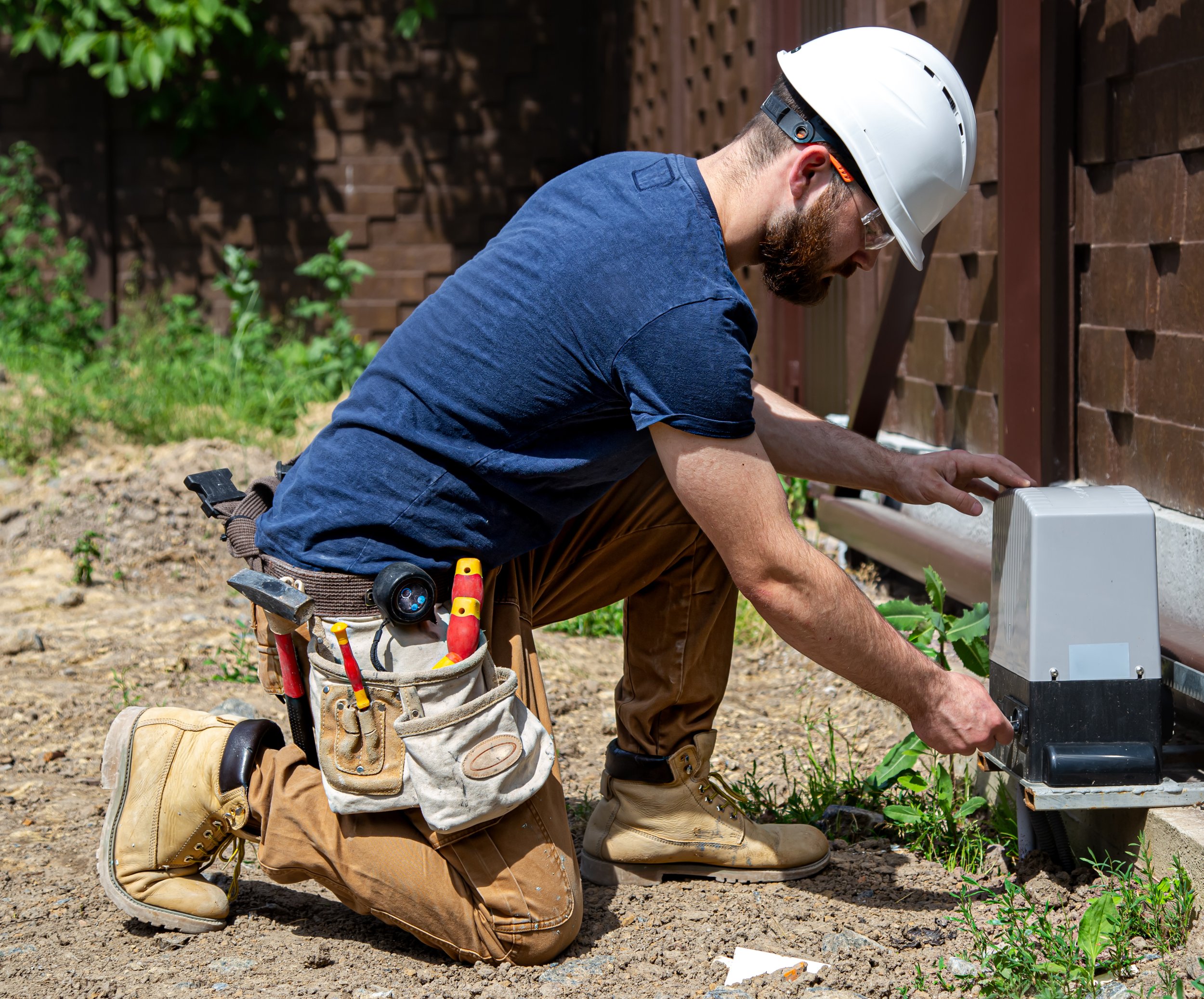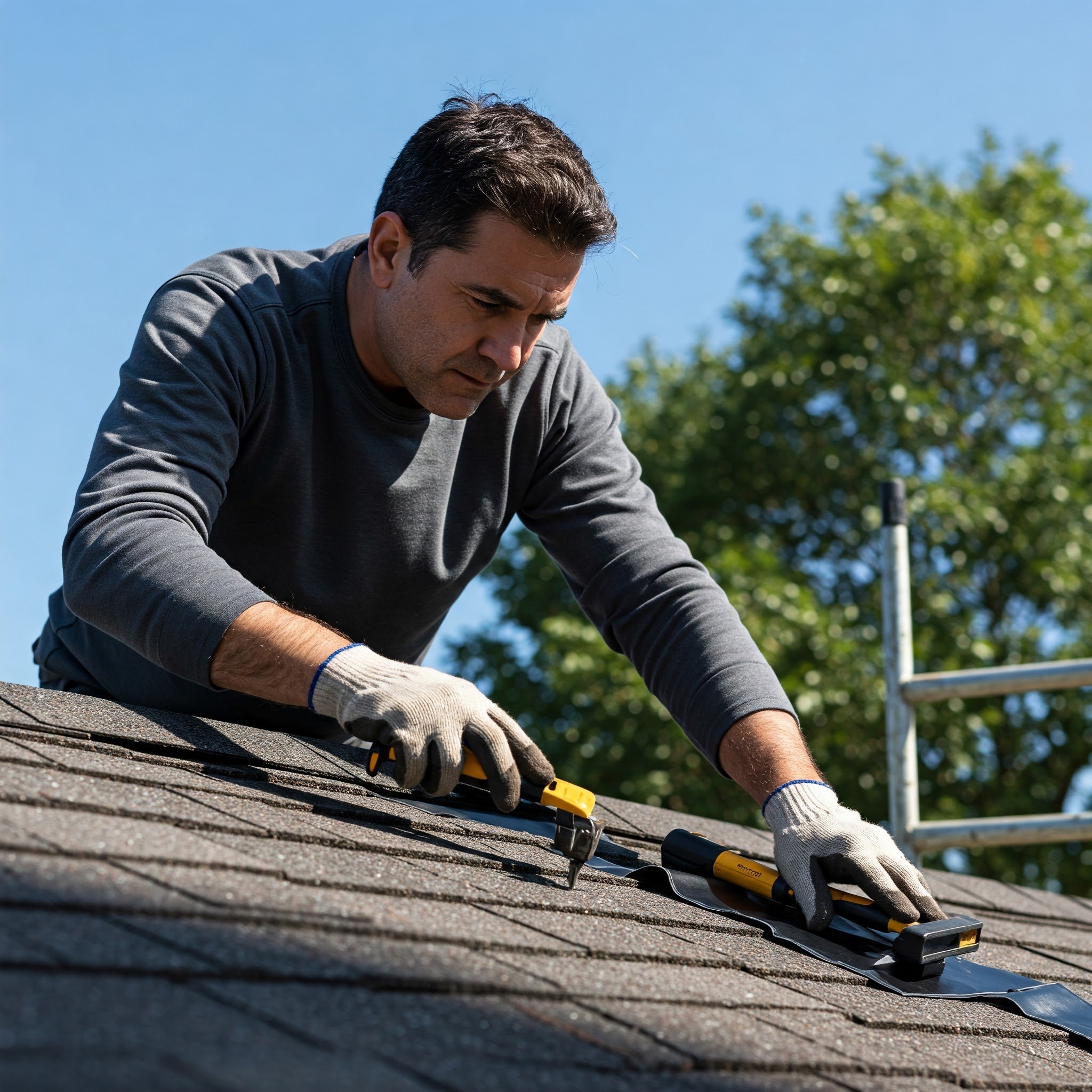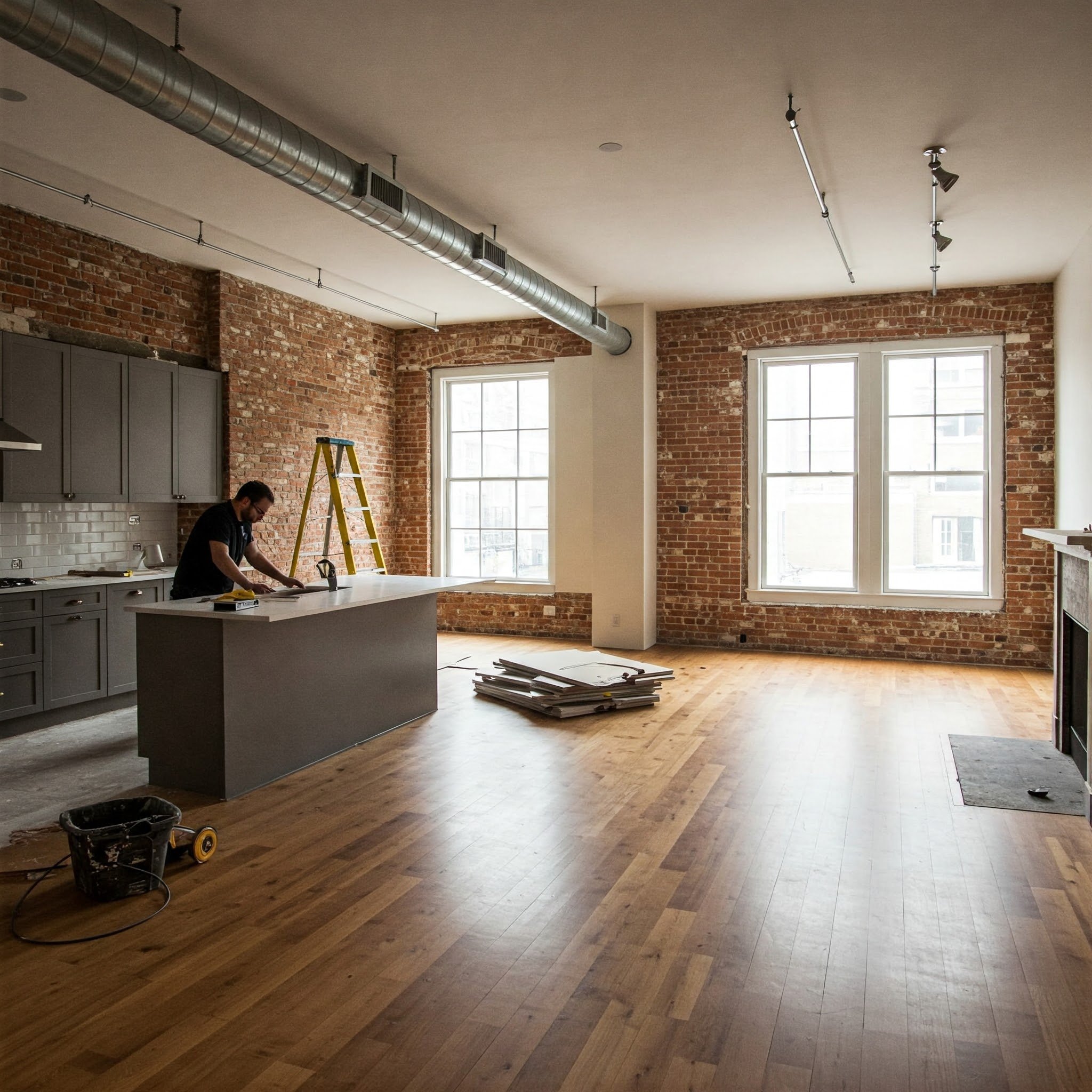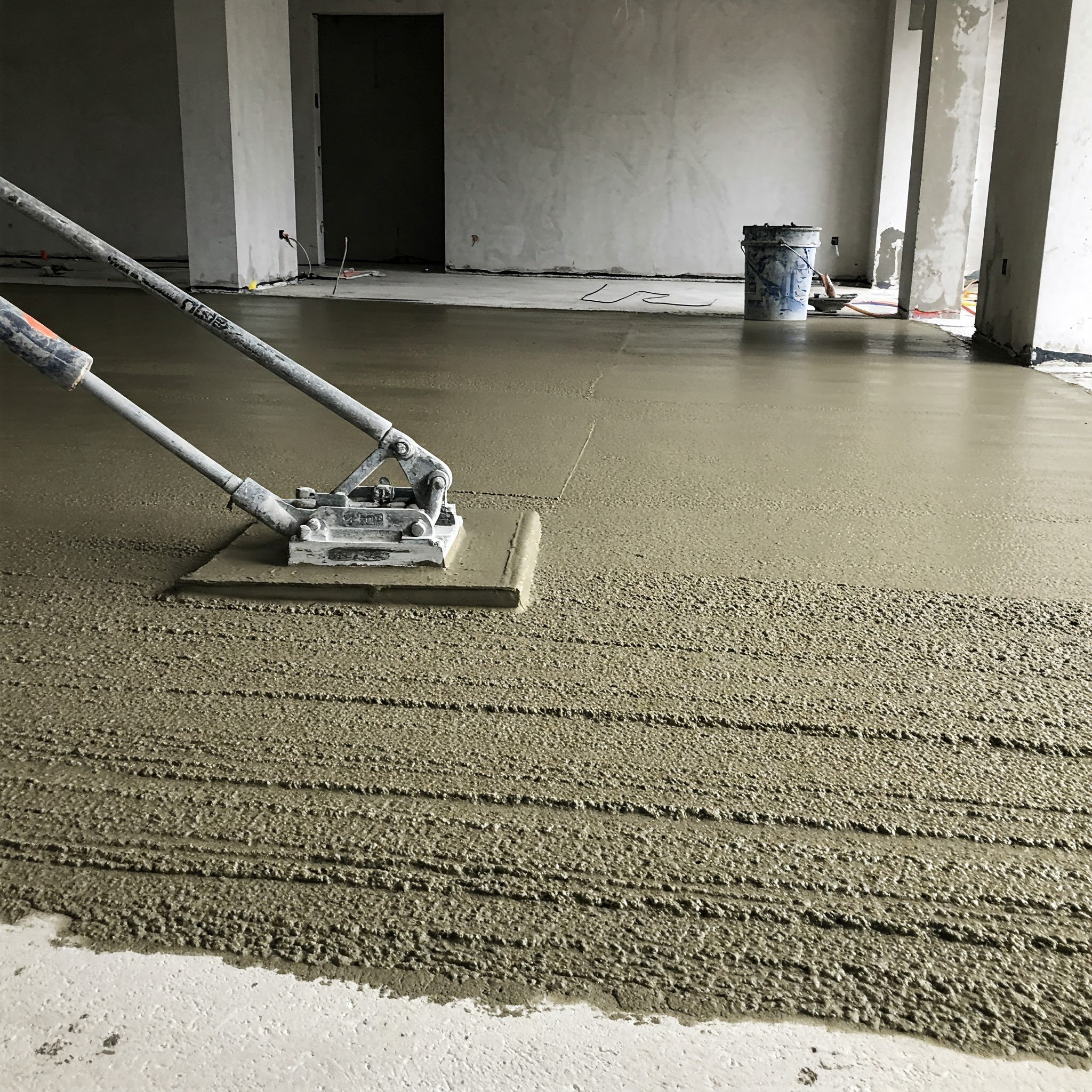The Ultimate Guide to Preventing Foundation Issues in Your Home
Discover essential tips and strategies to prevent foundation issues in your home, ensuring stability and long-term durability.
The foundation of your home is its silent guardian, a crucial element responsible for stability and safety. Just as a strong foundation is essential for a secure building, a healthy foundation is vital for a worry-free homeownership experience. This comprehensive guide equips you, the homeowner, with the knowledge to prevent foundation problems through proactive measures and early detection.
Understanding Your Home's Foundation
The foundation of your house acts as the unseen backbone, providing structural support and anchoring the entire building to the ground. There are three main foundation types commonly used in residential construction:
Slab Foundations: A popular choice for single-story homes, slab foundations are essentially thick concrete slabs poured directly on compacted soil.
Basement Foundations: These foundations extend below the ground level, creating a usable basement space. Basement walls are typically constructed of concrete blocks or poured concrete.
Crawl Space Foundations: Homes built on crawl spaces have a limited space beneath the house, accessible through a crawl hole or door. Crawl space foundations can be constructed from concrete blocks, wood, or a combination of materials.
Regardless of the type of foundation your home has, its primary function remains the same:
Supporting the Weight: The foundation bears the weight of the entire structure, including walls, roof, and all the contents within.
Transferring Loads: The foundation distributes the weight of the house evenly onto the underlying soil.
Resisting Lateral Pressure: Foundations resist lateral pressure from wind, shifting soil, and other external forces that could compromise the structural integrity of the home.
Foundation failure occurs when the foundation can no longer perform its essential functions effectively. This can manifest as uneven floors, cracks in walls, or a general feeling of instability throughout the house. Addressing foundation problems promptly is crucial to prevent further damage and costly repairs.
Common Causes of Foundation Issues
Several factors can contribute to foundation problems in your home. Here are some of the most common culprits:
Soil Movement: Changes in soil moisture content can cause the soil to expand or contract. During dry periods, clay soil can shrink, causing the foundation to settle unevenly. Conversely, expansive soil can push against the foundation walls during wet seasons.
Water Issues: Improper drainage around the house allows water to pool near the foundation, weakening the soil and applying pressure to the walls. Leaking pipes or improper grading can also contribute to moisture problems.
Tree Roots: Aggressive tree roots growing too close to the foundation can exert significant pressure, causing cracks and uneven settling.
Construction Defects: Improper foundation construction techniques or the use of low-quality materials can increase the risk of foundation problems later.
Signs of Potential Foundation Issues
Early detection is key to preventing major foundation problems. Here are some signs to watch out for, both inside and outside your home:
Exterior Signs:
Cracks in the foundation walls, particularly horizontal cracks are more serious than vertical ones.
Gaps opening up between the foundation and siding.
Leaning chimneys or uneven walkways.
Interior Signs:
Cracks in drywall, especially around doors and windows.
Uneven floors or doors that stick or won't close properly.
Sloping floors throughout the house.
Preventive Measures to Avoid Foundation Problems
Taking proactive measures is the best defense against foundation issues. Here are some key strategies to implement:
Proper Drainage:
Ensure the ground slopes away from the house to direct water runoff away from the foundation.
Install gutters and downspouts that extend at least six feet away from the foundation walls.
Regularly clean gutters and downspouts of debris to prevent blockages.
Soil Maintenance:
Maintain consistent moisture levels in the soil around the foundation, especially during dry periods. Watering occasionally during extended dry spells can help prevent excessive shrinkage.
Consider planting drought-resistant landscaping near the house to minimize water needs.
Tree Root Management:
Plant trees a safe distance away from the foundation, at least 6-10 feet depending on the tree species. Consult with a certified arborist for specific recommendations.
Consider installing root barriers around existing trees to prevent them from encroaching on the foundation.
Regular Inspections:
Schedule periodic foundation inspections by a qualified professional, ideally every 2-3 years. These inspections can identify potential problems early on, allowing for timely repairs before they become major issues.
Hiring a Foundation Repair Professional
If you suspect foundation problems in your home, don't hesitate to seek professional help. Addressing foundation issues promptly is crucial to prevent further damage and costly repairs. When considering foundation repairs, it's essential to hire licensed and insured foundation repair contractors. These professionals possess the expertise and experience necessary to diagnose the problem accurately and recommend the most appropriate repair solutions. Here are some factors to consider when hiring a foundation repair professional:
Experience: Look for a contractor with a proven track record of successful foundation repairs. Request references and contact past clients to inquire about their experience with the company.
Reputation: Research the contractor's online reviews and local reputation. Positive feedback from past customers is a good indicator of quality service.
Get Multiple Quotes: Don't settle for the first quote you receive. Obtain quotes from at least three different foundation repair companies to compare pricing and proposed solutions. Be sure the quotes detail the specific repairs to be performed and the materials used.
Warranty: Ensure the contractor offers a comprehensive warranty on their work. A good warranty provides peace of mind knowing you're protected in case of any issues arising after the repair.
Check out the North Rock here a reputable foundation repair company with a long history of serving homeowners in the region. They offer a free foundation inspection and can provide you with a detailed quote for any necessary repairs.
Early Detection and Repair
Early detection and prompt action are crucial when it comes to foundation problems. Ignoring these issues can lead to significant structural damage, potentially compromising the safety and value of your home. The longer foundation problems remain unaddressed, the more extensive and expensive the repairs will become.
By taking a proactive approach to maintaining proper drainage, managing soil moisture, and scheduling regular inspections you can significantly reduce the risk of foundation issues in your home. If you do notice any signs of potential problems, don't hesitate to contact a qualified foundation repair professional for an assessment. Remember, a healthy foundation is the cornerstone of a safe and stable home.
Conclusion
Understanding your foundation's role, the potential threats, and preventative measures empowers you to take control of your home's health. By following the tips outlined in this guide and remaining vigilant, you can significantly reduce the risk of foundation problems and ensure a safe and stable home for your family for years to come.

















